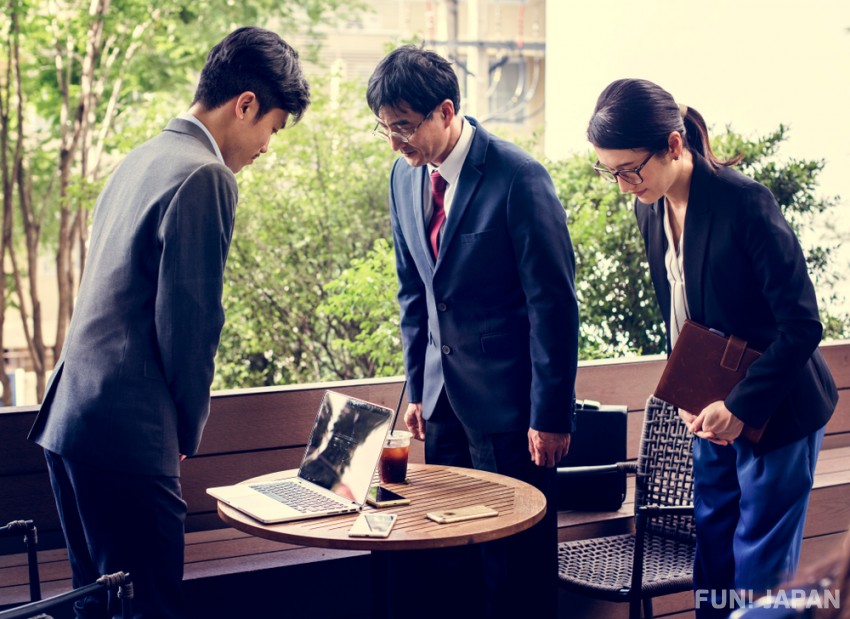
Visiting Japan is not only for tourism purposes, but there is also the possibility of a business trip.
Have you ever been puzzled by cultural differences when dealing with Japanese clients or working in Japanese companies? Also, visiting Japan is not only for tourism purposes, but there is also the possibility of coming to Japan on a business trip too.
From the experiences of our foreign staff working at FUN! JAPAN, we will introduce to you some useful information! Through this article, we will help you to succeed in your business with Japanese people.
What is the etiquette when meeting with Japanese clients in business?
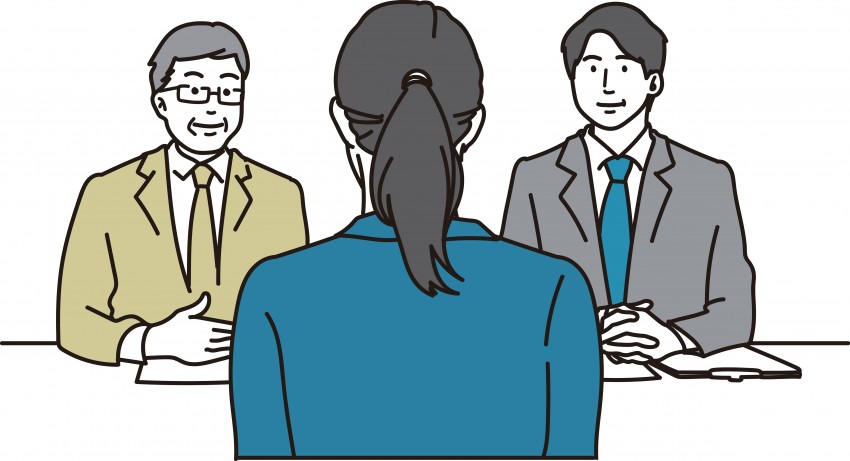
Every country has its own manners, especially in business scenes. Particularly in Japan, there are still strict customs in various situations such as meetings at the workplace and with clients.
Let's take a look at some of the rules that apply when working in a Japanese company or dealing with Japanese clients.
Be punctual for meetings and at the workplace. Act 10 minutes ahead of time
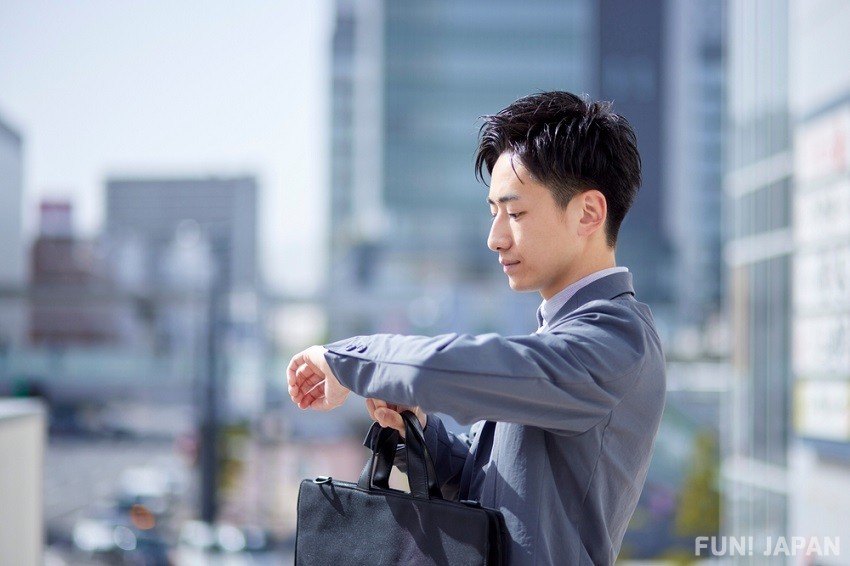
Punctuality is considered one of the important manners in business. In Japan, there is a tendency to demand punctuality to show respect and responsibility for time. It is very important to be punctual in order to build a trust relationship with business partners and clients, and it is considered polite to arrive not just on time, but 10 minutes early.
Business Card Exchange, How to Give and Receive
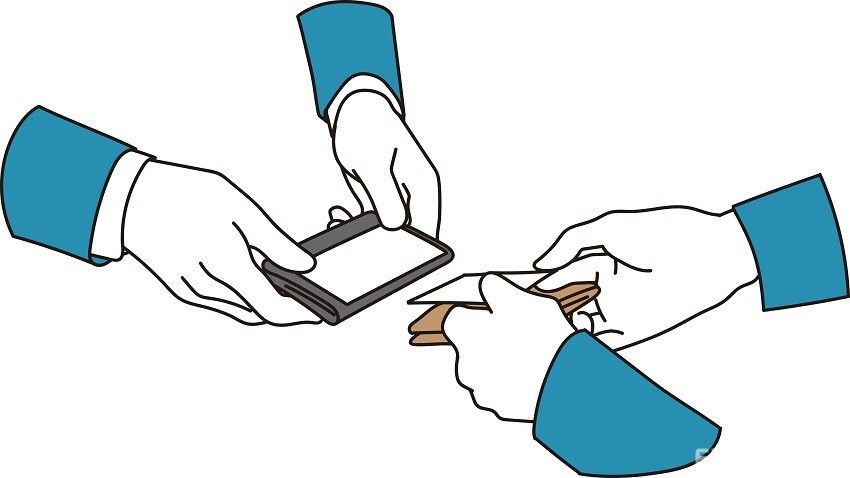
In Japan, business cards are handled with great care and respect, and it is important to store them properly.
Here are some guidelines on how to store business cards received in Japan.
- Carry in a business card holder: A business card holder is as important as the business card itself in Japan, and it is brought along to meetings with the business cards inside.
- Handle the exchange of business cards carefully: It is considered rude in Japan to write on a newly received business card or to put it in your wallet or pocket. Be careful not to give a disrespectful impression. When exchanging business cards, place them on top of the business card holder and hold the card with both hands until the exchange is complete. When the other person offers their business card, take the card between the thumb and index finger of your right hand at the same time as you hand over your own card.
- Arrange the business cards: After receiving a business card, show interest in the information written on it and take some time to look at it before putting it away. Then, put the received business card in the business card holder. If you are continuing a meeting in the same place, arrange the business cards neatly in front of you on the table. It is a common practice to arrange the business cards on the table in the order of the people sitting.
Giving Gifts
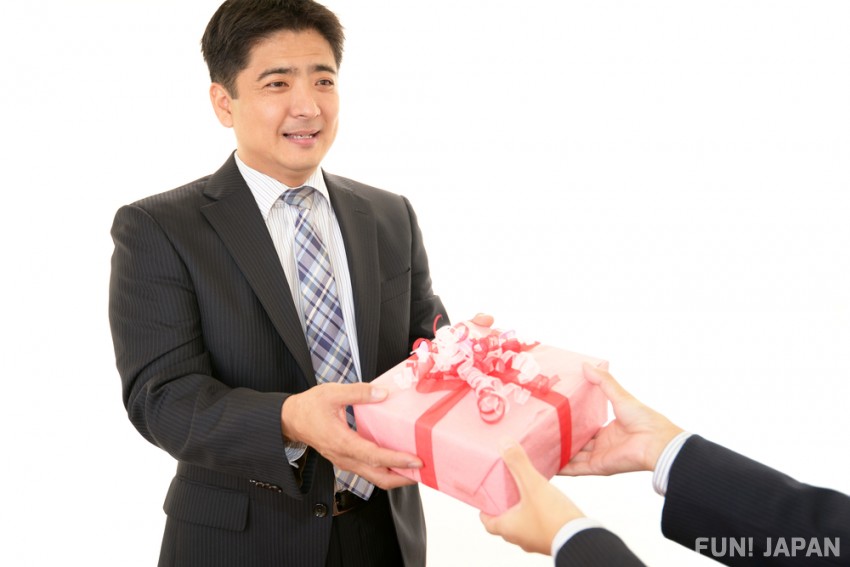
Giving a greeting gift is a form of communication and a thoughtful gesture. It is part of Japanese business manners, but it is not generally mandatory.
Do not sit until you are shown to your seat
When you are guided into a room for a meeting or interview, do not sit down immediately. Wait until you are invited to sit in the prepared seat. This is considered a considerate and respectful act. By respecting the other person's position and status and waiting for them to guide you, you can show respect to them.
Accept food or drink when offered

When receiving food or drinks, it is common to accept them politely and consume them on the spot. However, it is acceptable to take a pet bottle home. Also, it is common etiquette to drink only after being given permission with a "please". However, if you are very thirsty or need to suppress a cough and need to drink, you can say "excuse me" (失礼します / Shitsurei shimasu) and drink.
"Things that puzzled me when working with Japanese clients"

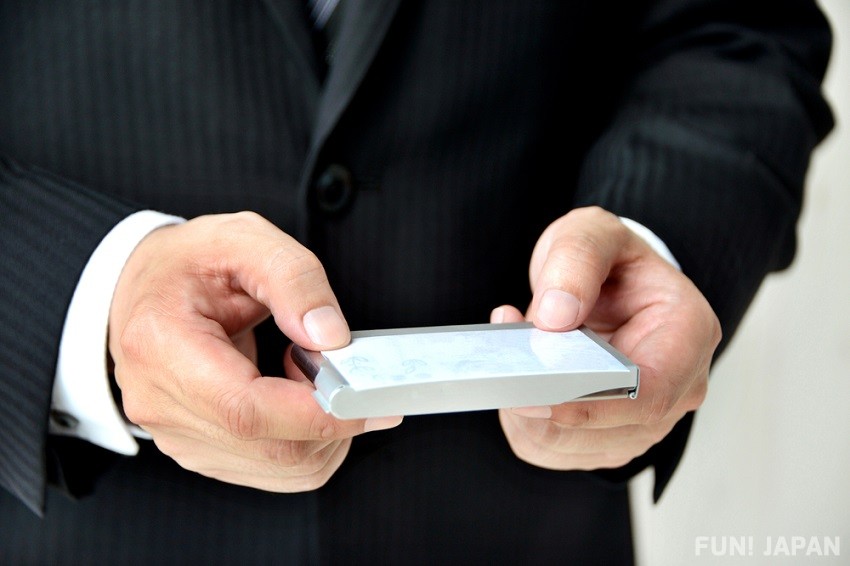
We interviewed the global staff at FUN! JAPAN about their experiences and confusions when dealing with Japanese clients in business.
- Apparently, the type of bowing changes depending on the angle. (J-san / From Hong Kong)
- After exchanging business cards, I'm not sure what to do next. I don't know if it's okay to look at or read the card, whether to put it in a case, or line it up on the table. I still don't fully understand the formal process. (P-san / From Thailand)
- I often get asked questions like "Why do Taiwanese people think that way?" Of course, since I work in this industry, I can answer to some extent. However, I want people to understand that the opinion of one Taiwanese person does not represent the opinion of all Taiwanese people. (L-san / From Taiwan)
- I initially struggled with the rules of exchanging business cards, such as having to keep mine lower than the other person's. Also, during meetings with clients, I was confused at first about switching between using "san" for people from the same company and not using it. (K-san / From Taiwan)
Is Japanese Business Etiquette Too Strict? Interview with President Yamauchi of FUN! JAPAN
Many people, including our global staff, seem to feel that business manners in Japan are a bit strict. Why is business etiquette so strict in Japan? We asked Yamauchi-san, the president of Fun Japan Communications, who has many years of experience working in long-established companies and has extensive business experience overseas!
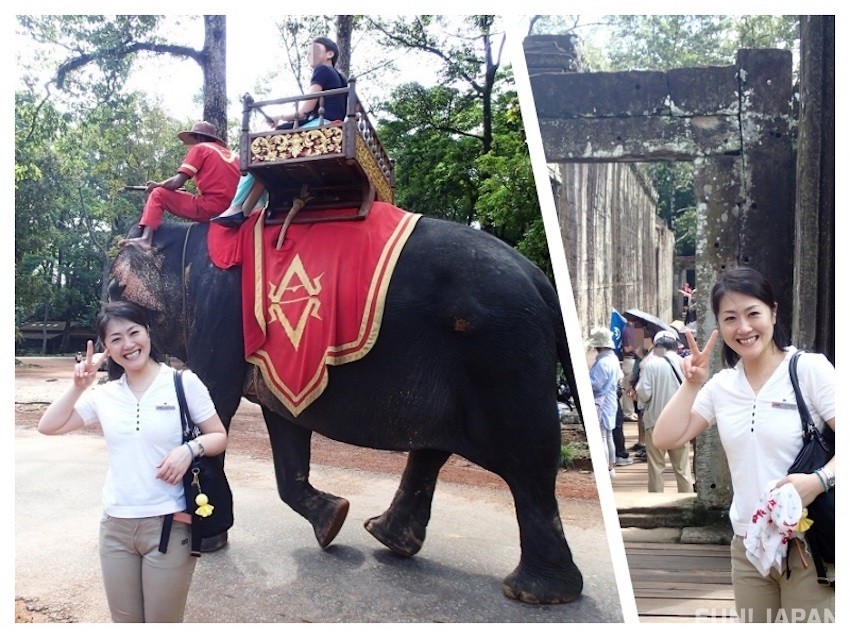
Do you feel that Japanese business manners are stricter compared to overseas? Also, why do you think there are many rules that must be observed in the business scene in Japan?
Japanese business manners may feel strict, but for those born in Japan, the honest feeling is "that's just how it is". The origin of Japanese business manners is "consideration", which includes building good interpersonal relationships without making the other party feel uncomfortable, not forgetting to be considerate of those around you, and not wasting the other party's time. I think this consideration is very Japanese.
Furthermore, we asked President Yamauchi about how she feels about certain manners in the Japanese business scene.
●Punctuality in meetings
Japan is punctual in everything, which is evident if you look at Japanese trains and Shinkansen. If a train departs at 10 o'clock, Japanese people arrive at the station 5 minutes before. Since elementary school, we have been taught to "act 5 minutes ahead", so this behavior naturally permeates our daily lives. If a meeting starts at 10 o'clock, it is considered good manners to be seated and ready to start talking at 10 o'clock. This will make your business run smoothly. However, you should not arrive too early as well. Whether or not you are considerate of the other person's time, I believe that "compassion" is ultimately important.
●Manners of bowing
It is said that the nape was a vital point in the samurai society. Therefore, showing this part was a sign of saying "I will obey you".
Bowing at 45 degrees is said to be the basic, but unless you are in the service industry, many people feel that there is no need to be so conscious of the angle. On the other hand, Japanese people do not hug or shake hands as a greeting at meetings. Instead, I think many people value bowing.
●Giving a gift
Actually, even in recent Japan, gifts are not often given in business. Gifts such as "Ochugen" and "Oseibo", which are greetings at the change of seasons, are also being refrained by companies due to the possibility of compliance violations. However, the feelings of wanting to truly thank, express gratitude, apologize, or let others know about souvenirs from your hometown or country are not denied.
If you're visiting Japan for business from abroad, giving Asian souvenirs should be well received.
●Do not sit until you are shown to your seat
I believe this is a manner tied to Japan's history. In the era of samurai, lords were always at risk of being attacked and needed to ensure safety before entering a room. Therefore, I think that people of high status are guided to the back of the room after being shown in. Recently, such customs are fading, and I think awareness is gradually diminishing.
However, many Japanese naturally do not let important people press the elevator buttons, so if foreigners can do that, wouldn't they be thought of as "Oh!" by clients or bosses?
●Etiquette regarding food and drink offered to guests
Indeed, you might not start eating before being offered by the other party. This is a part of Japanese courtesy, and basically, you do not touch tea or sweets unless they are offered by the other party, because it is considered to be "immodest". On the contrary, when a guest comes, I try to say "please" as soon as possible. I guess mutual consideration is important. But I don't think it's considered "rude" just because you reached out first.
At the end of the interview, President Yamauchi summarized the manners when working in a Japanese company or working with Japanese clients.
There's no problem with Japanese business manners if you have consideration!
Business manners are a manifestation of each ethnic culture. Manners are consideration for the other party. If it's the result of considering the other party, then it's all good! As times change, new manners may emerge. So, you should be flexible, and I hope you come to Japan without feeling too formal!
For those of you who are thinking of working in Japan, don't overthink it just because it's business with Japanese people! However, always approach with consideration for the other party!
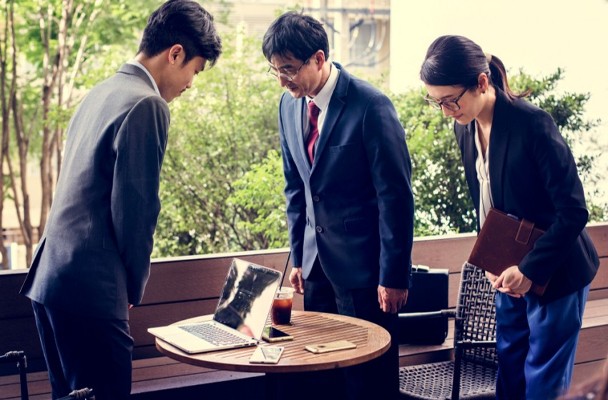
Comments